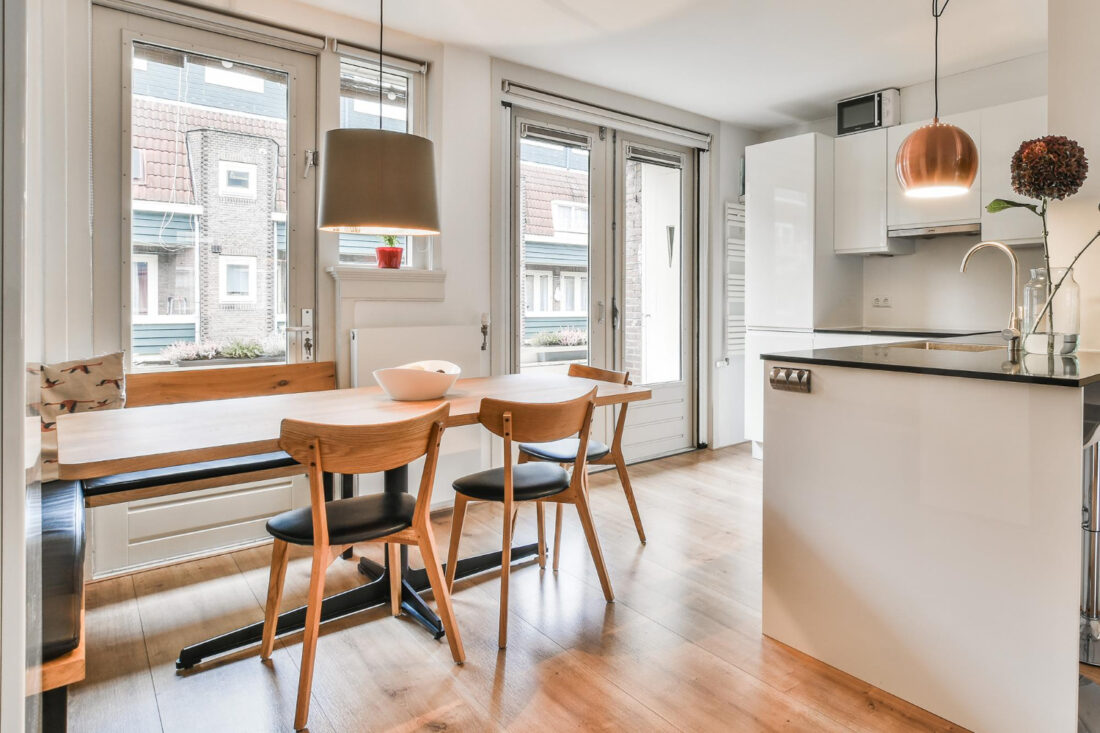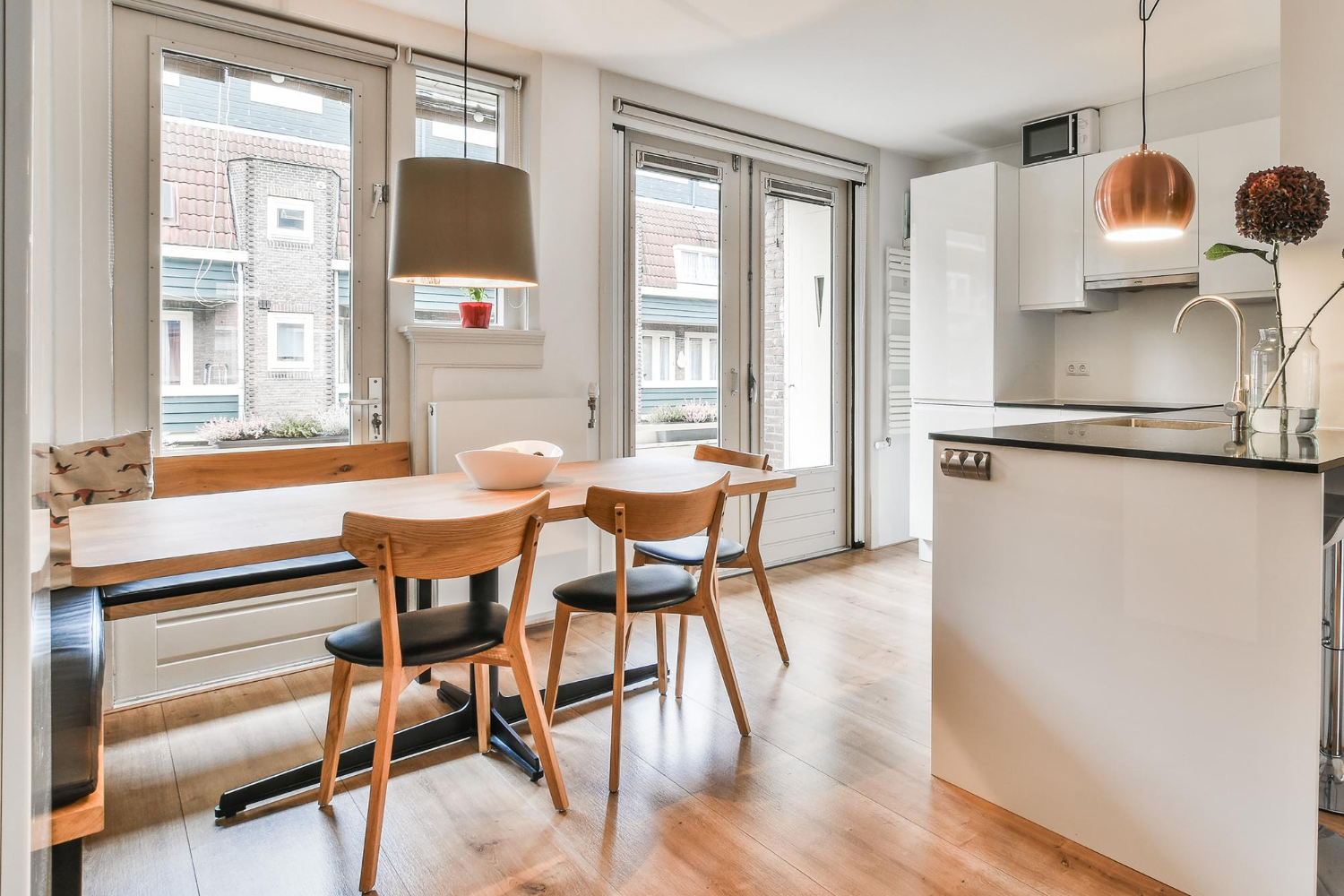
As a tenant in Baltimore, MD, understanding your rights is crucial for a positive rental experience. Baltimore, like many cities, has specific laws and regulations designed to protect tenants. Knowing these rights can help you navigate your rental journey confidently, from searching for an apartment to living in it. Here’s a comprehensive guide to understanding tenant’s rights in Baltimore.
Introduction to Tenant Rights in Baltimore
Tenant rights in Baltimore are governed by state and local laws. These laws cover a range of issues, from security deposits to eviction procedures, ensuring that tenants are treated fairly and respectfully throughout their tenancy.
Searching for Apartments
Where to Look
To find apartments in Baltimore, MD, search apartments for rent in Baltimore on a real estate app like Zillow or Zumper. When searching, it’s important to be aware of fair housing laws. Landlords cannot discriminate based on race, color, religion, sex, national origin, disability, or familial status.
Security Deposits
Limits and Return
In Baltimore, landlords can charge a security deposit of up to two months’ rent. After you move out, the deposit must be returned within 45 days, along with an itemized list of any deductions for damages beyond normal wear and tear.
Rent and Fees
Rent Increases and Late Fees
Landlords must provide tenants with at least one month’s notice before increasing the rent. Late fees are allowed but must be reasonable and outlined in the lease agreement.
Repairs and Maintenance
Your Right to a Habitable Home
Tenants have the right to live in a safe and habitable environment. Landlords are required to maintain the property, ensuring that vital services like heating, water, and electricity are functional. If repairs are needed, you should notify your landlord in writing.
Withholding Rent
In severe cases where a landlord fails to make necessary repairs, tenants may have the right to withhold rent or make the repairs themselves and deduct the cost from the rent. It’s important to follow legal procedures carefully when taking these steps.
Privacy and Entry
Landlord’s Right to Enter
Your landlord has the right to enter your apartment for inspections, repairs, or to show the property to prospective tenants or buyers. However, they must provide reasonable notice, usually 24 hours, except in emergencies.
Lease and Eviction
Understanding Your Lease
Your lease is a binding legal document. It’s important to read and understand it before signing. Pay special attention to clauses about lease termination, subletting, and rules of the property.
Eviction Process
In Baltimore, a landlord cannot evict a tenant without a court order. Evictions must follow legal procedures, and tenants must be given proper notice and the opportunity to rectify any issues, such as late rent payments, before an eviction process begins.
Additional Protections
Quiet Enjoyment
Tenants have the right to “quiet enjoyment” of their property. This means landlords cannot disturb your peace or allow the property to become uninhabitable.
Discrimination
As mentioned earlier, discrimination against tenants based on specific protected characteristics is illegal under federal and state law.
Seeking Help and Resources
If you believe your rights as a tenant have been violated, several resources are available:
- Baltimore Renters United offers guidance and support for tenants.
- Legal Aid Bureau provides legal assistance to low-income residents.
- Maryland Attorney General’s Office can offer information about state tenant laws.
Conclusion
Understanding your rights as a tenant in Baltimore is essential for a secure and pleasant living experience. By knowing these rights, you can protect yourself from unfair practices and ensure your rental journey is a smooth one. Remember, being informed is your first line of defense as a tenant.
